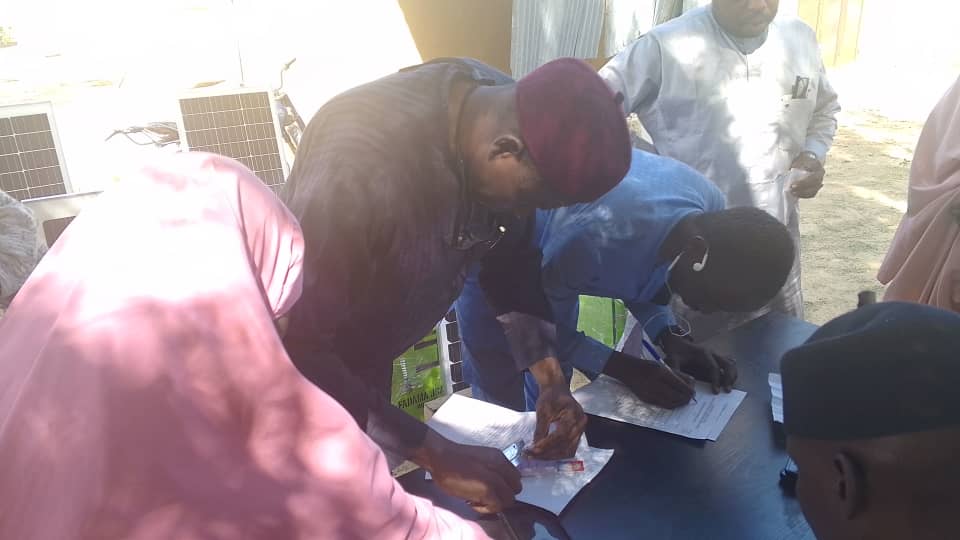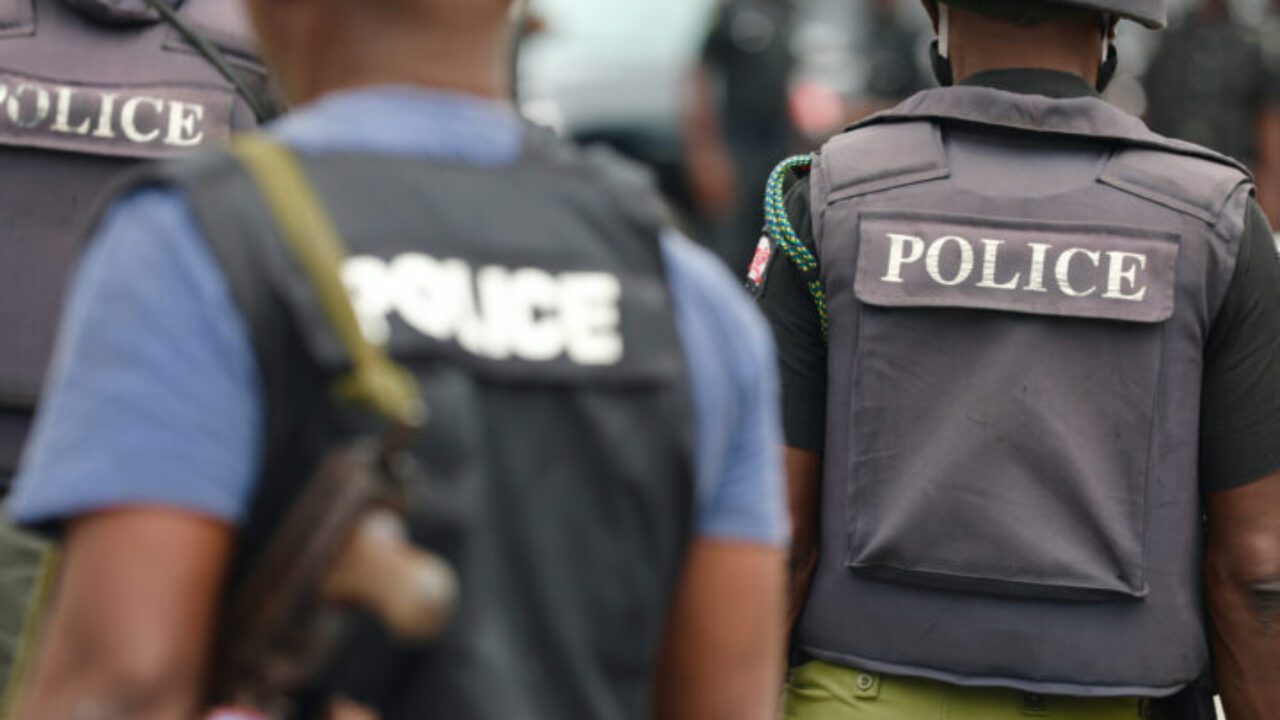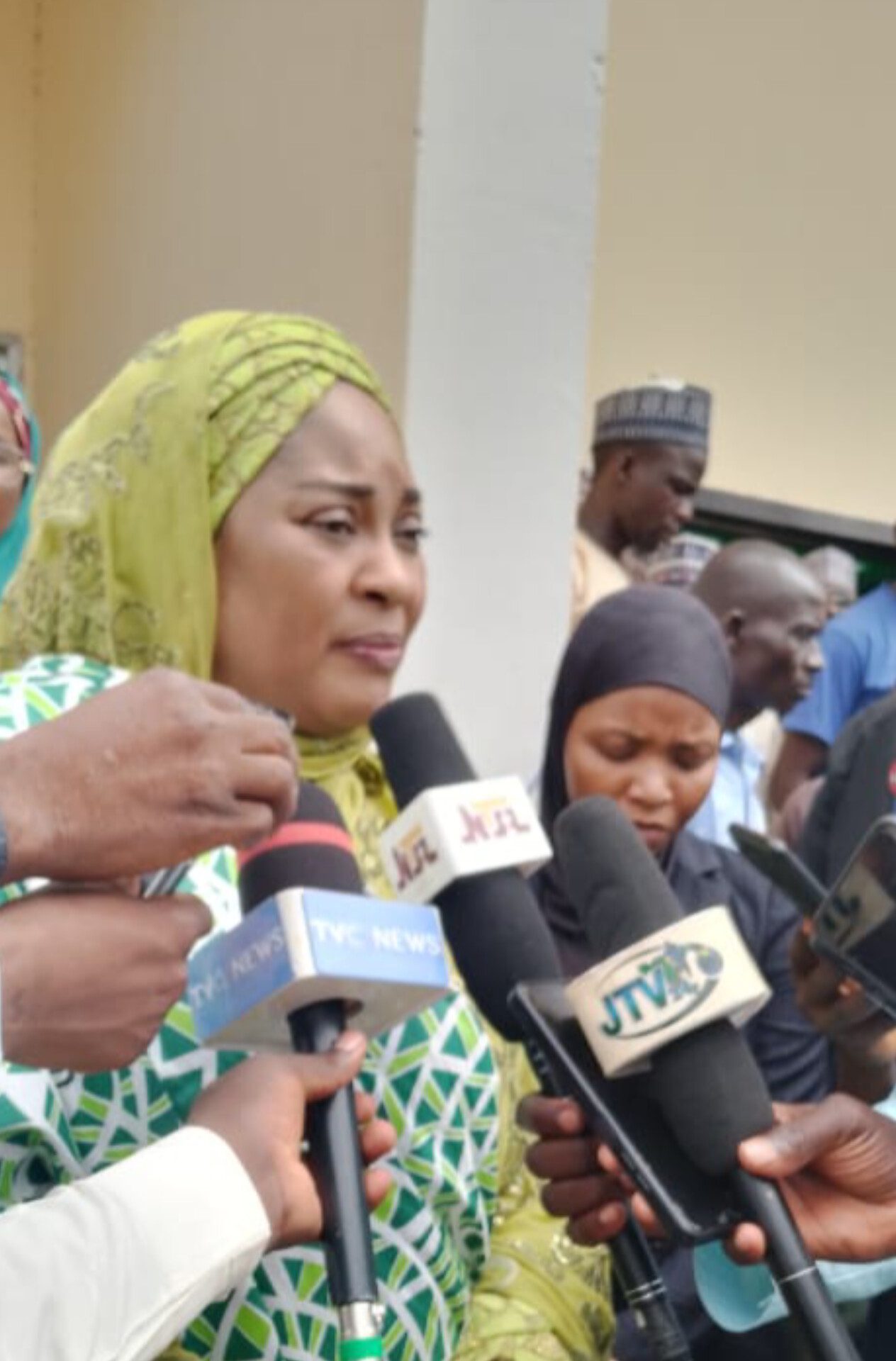By Ahmed Rufa’i, Dutse
The Jigawa State office of the Nigeria COVID-19 Action Recovery and Economic Stimulus (NG-CARES) has signed a bond with over 41,790 beneficiaries of the Fadama Programme, aimed at ensuring the proper utilization of the support facilities provided to them.
The State FADAMA CARES Coordinator, Dr. Aliyu Inuwa, made this announcement during the distribution of incubators to beneficiaries in Kafin Hausa Local Government Area.
He explained that the bond was designed to ensure that the resources provided to beneficiaries are used effectively, aligning with the goals of economic recovery and long-term sustainability.
“This agreement serves as a bond between the government and the beneficiaries. It ensures that resources are used effectively to meet the goals of economic recovery and sustainability,” Dr. Inuwa said.
He further revealed that the NG-CARES Results Area II initiative has benefited more than 47,790 individuals in Jigawa State, helping them recover from the economic impacts of the COVID-19 pandemic. The coordinator expressed concerns over the initial misuse of some supported facilities and stressed the importance of proper management moving forward.
The support provided under NG-CARES includes various agricultural and economic facilities aimed at enhancing livelihoods.
Dr. Inuwa listed the beneficiaries of the program to include 3,360 Rice farmers, 2,210 Maize farmers, 4,330 Millet farmers, 3,650 Sorghum farmers, 1,660 Poultry farmers, 5,700 Goat breeders and 1,330
Sheep breeders.
Others are 710 units of Processing machines, 4,210 units Water pumps, 100 units Fingerlings, 1,280 units ofLocal chicks, 100 units of Agricultural equipment, 550 units of Spaghetti-making machines, 170 units ofDrilling machines, 270 units Incubators, 16,200 items of Food items and 270 units
Personal protective equipment.
Dr. Inuwa emphasized that the program’s success depends on the commitment of the beneficiaries to properly use the resources provided. He warned that any failure to adhere to the agreed guidelines would result in legal consequences.
“This initiative is not just about recovery; it’s about creating sustainable livelihoods for our people. Beneficiaries must adhere to the guidelines to ensure that the program achieves its objectives,” Dr. Inuwa concluded.
The signing of this bond marks a crucial step toward ensuring that the NG-CARES program in Jigawa State fulfills its intended goals, contributing to long-term economic resilience for its beneficiaries.




